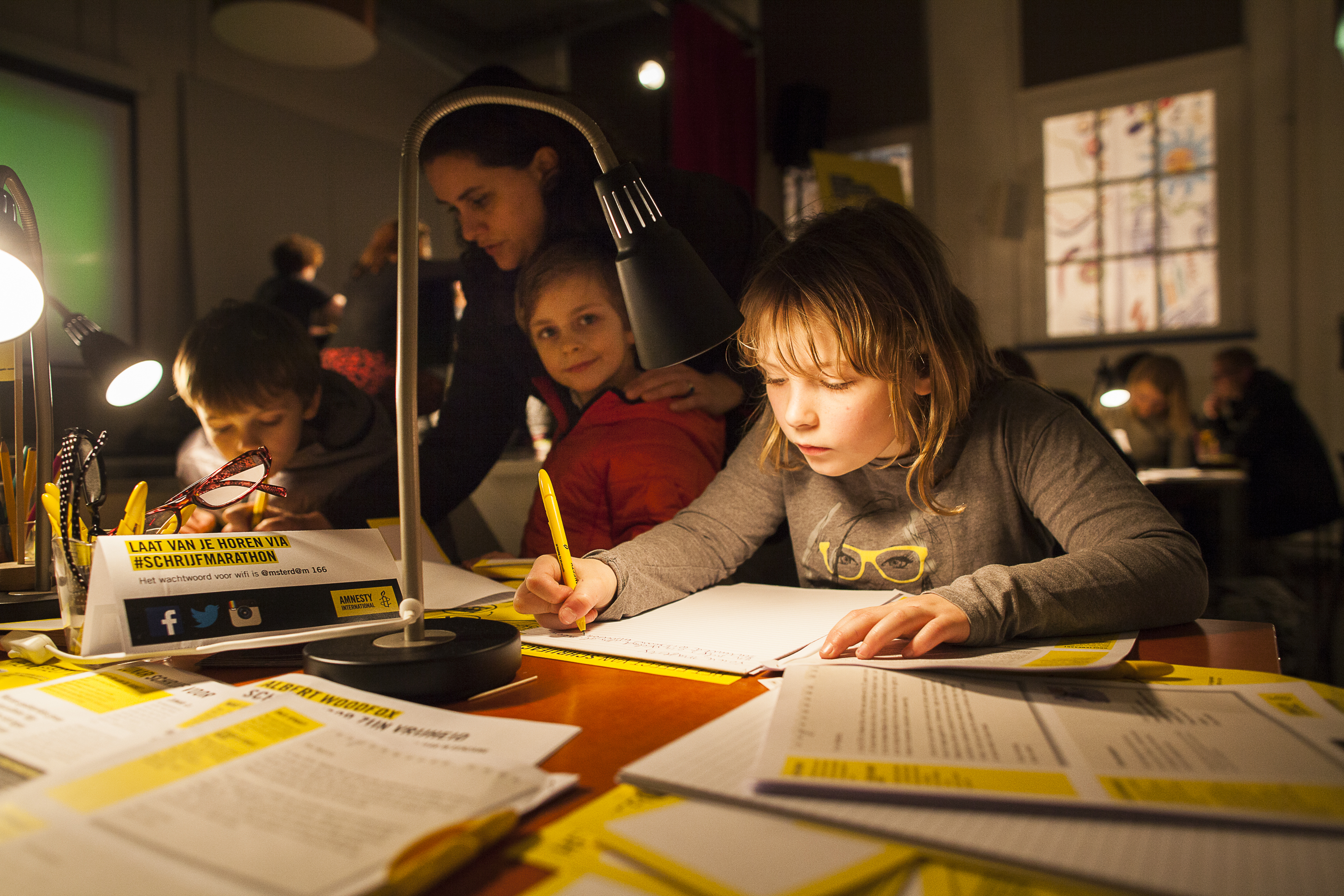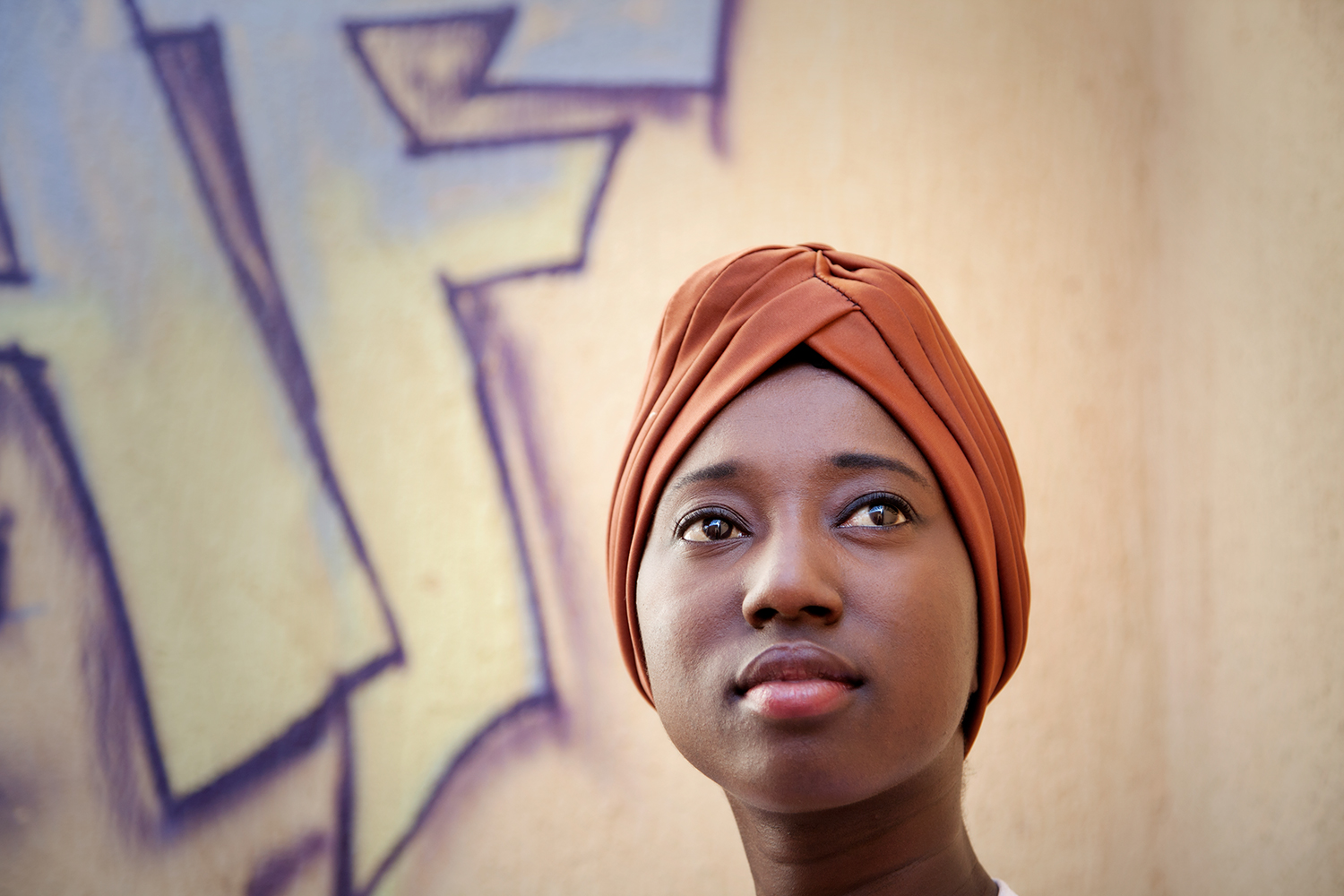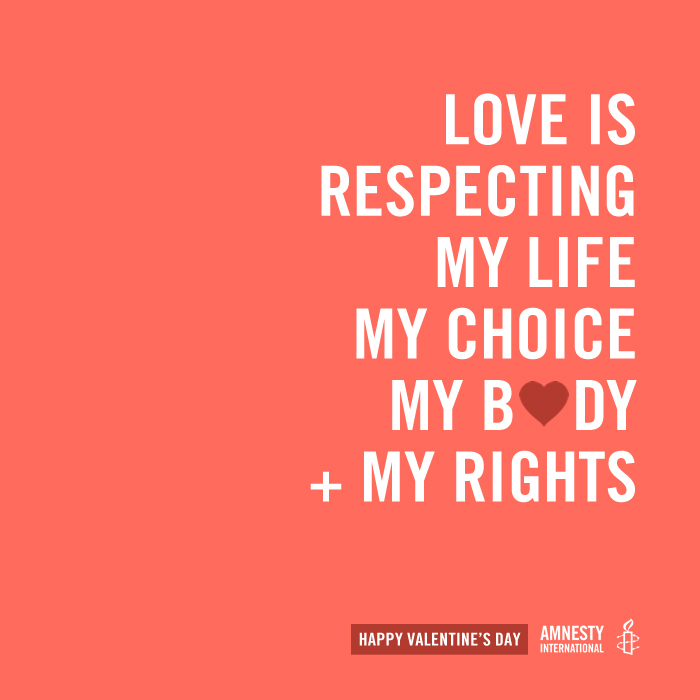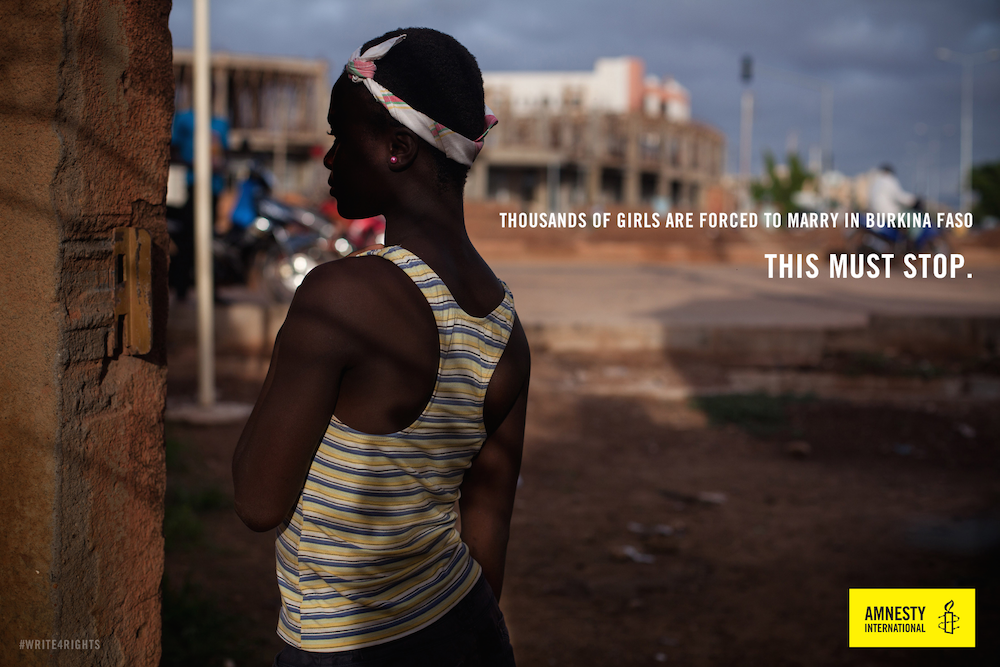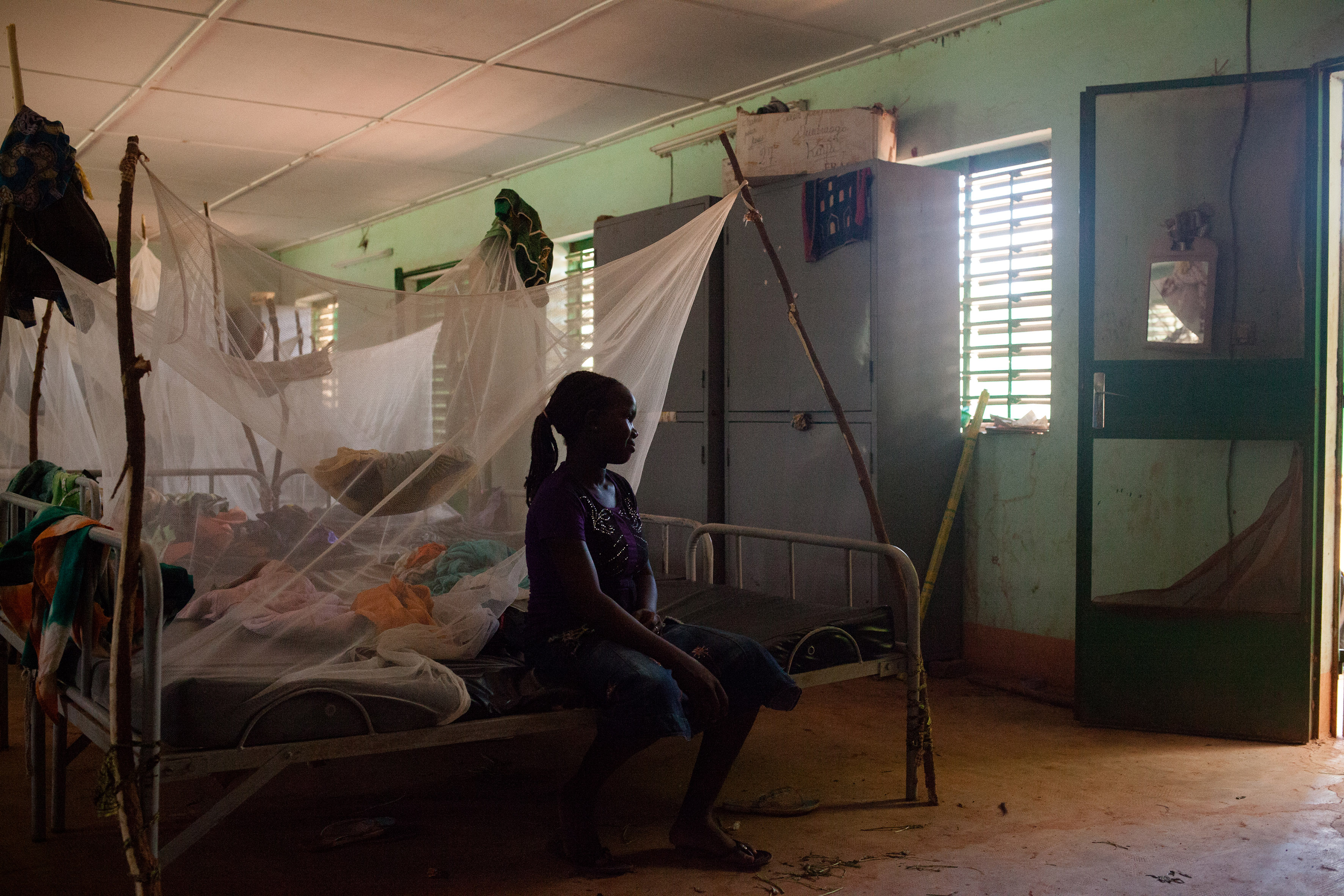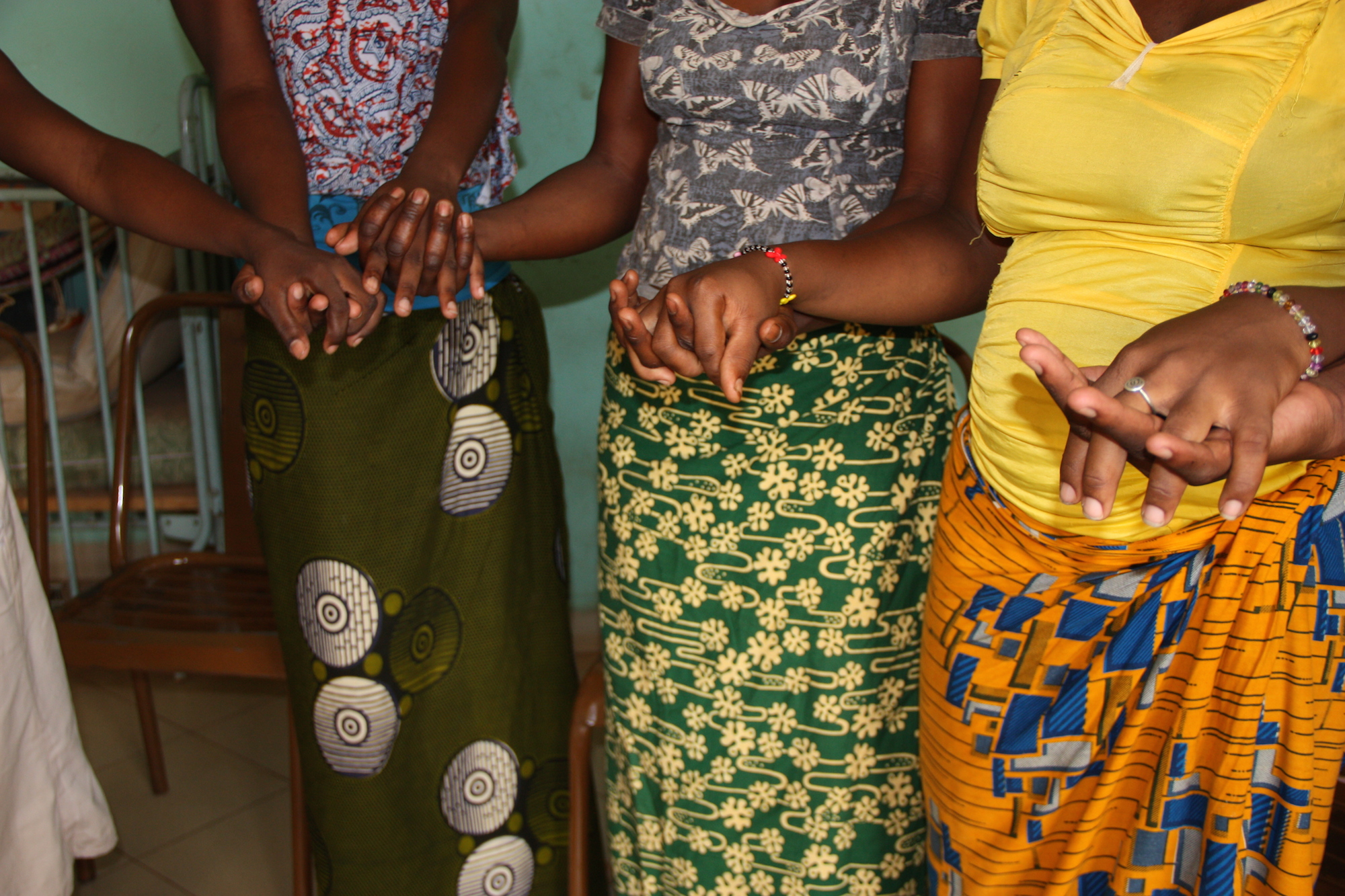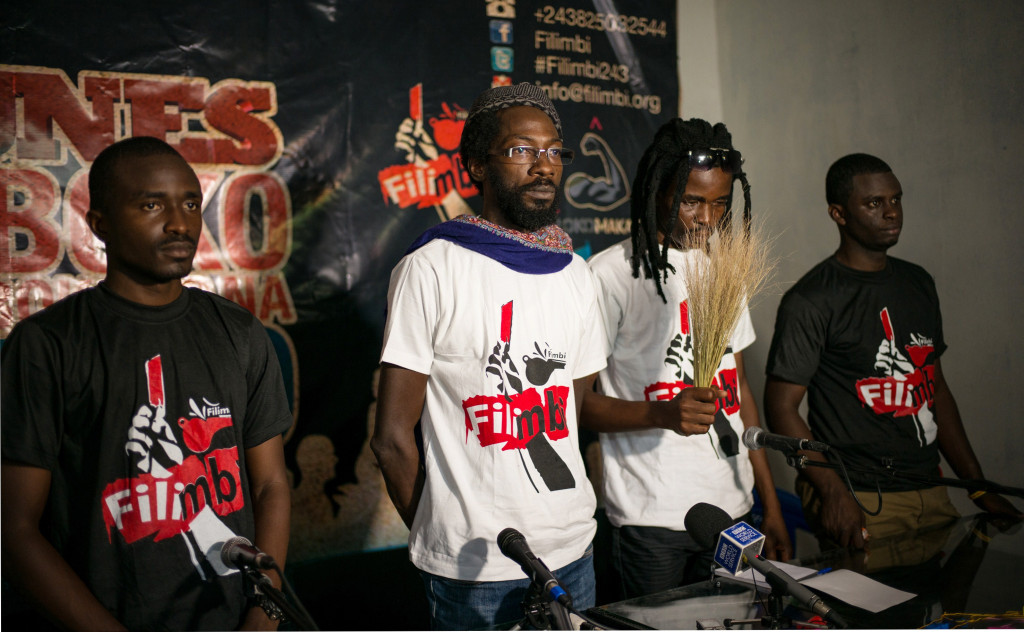
Activist Juliette Compaoré says the MDG summit will have an impact in Burkina Faso © Amnesty International
New UN statistics released last week show that world leaders are struggling to keep their promise of cutting the maternal mortality ratio by 75 per cent by 2015. For activists in Sierra Leone, the slow progress is no surprise.
“Many people don’t understand that maternal health is a human rights issue and so many other factors contribute to these deaths. Discrimination, lack of facilities, domestic violence and poverty… if these underlying issues aren’t addressed, it will undermine the good work that is being done,” says Victor L Koroma, an activist based in the capital Freetown.
Koroma’s small organization, the Campaign for the Promotion of Health and Human Rights Activities, campaigned to abolish medical fees in Sierra Leone. In April, the government took the landmark step of introducing free healthcare for pregnant and breastfeeding women.
However, Koroma warned world leaders gathering this week in New York to discuss progress on the Millennium Development Goals (MDGs) that more still needs to be done.
“We need to go beyond free healthcare because there are lots of problems. Many midwives are not properly trained and drugs and blood are not available. Nutrition is completely ignored. Drugs are unevenly distributed and there is discrimination – whether on the basis of tribe, gender, social status or political affiliation.
“World leaders, donors, the UN and the World Bank all need to do their bit if a country like Sierra Leone is to be saved from the ravages of pregnant women dying every day.”
Koroma paints a harrowing picture of the scale of the maternal health crisis facing MDG decision-makers.
“Sexual and gender-based violence is rampant; women and girls as young as five are being raped. Many then become infected with HIV. Yet the government does nothing. In the last year only two people have been sentenced for violence against women out of probably thousands of cases,” he says.
The UN statistics show an average annual decline of 2.3 per cent since 1990, falling way short of the 5.5 per cent decline needed to reach the 2015 target. Although a woman is no longer dying every minute, the new statistics show that one woman is still dying every minute and a half.
Severe discrimination and the low social status of women also fuel the high rate of maternal deaths in Sierra Leone, where women’s health needs are given low priority by their own families and community leaders.
Most maternal deaths in Sierra Leone take place in rural areas cut adrift from hospitals. Most women die in their homes. Some die on the way to hospital; in taxis, on motorbikes or on foot.
SEE THE REST OF THIS POST
